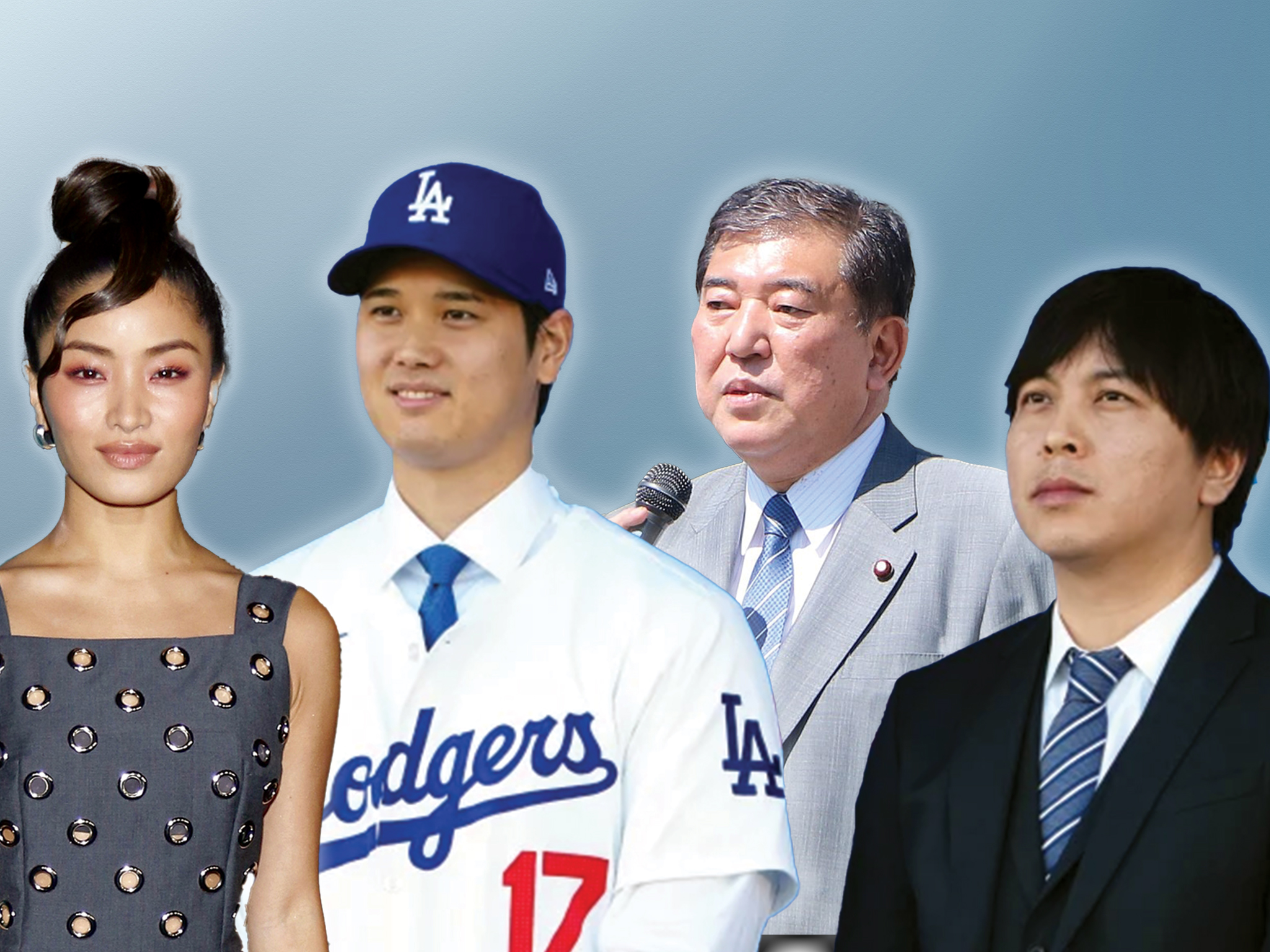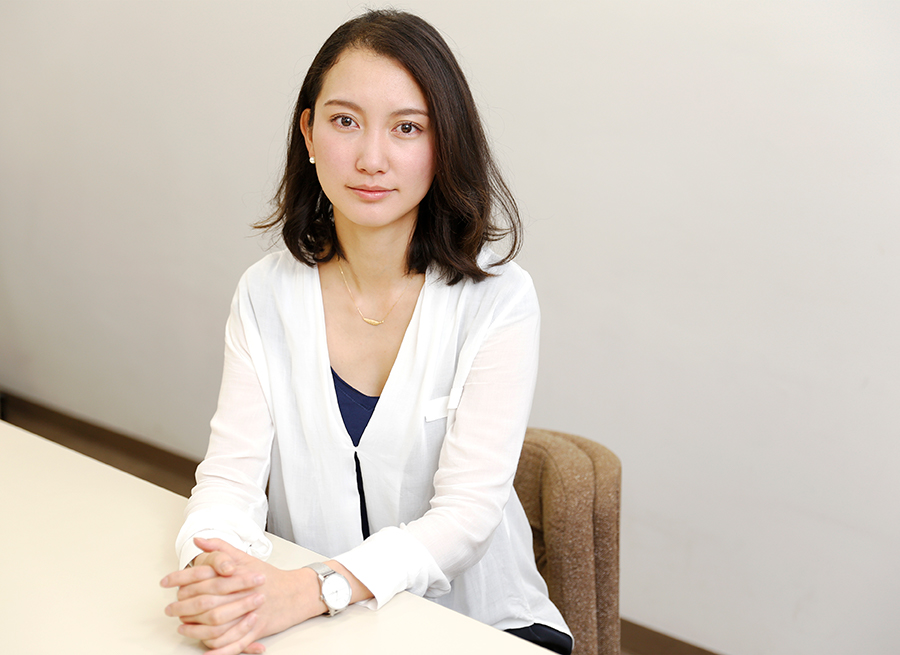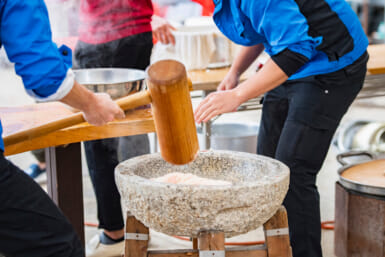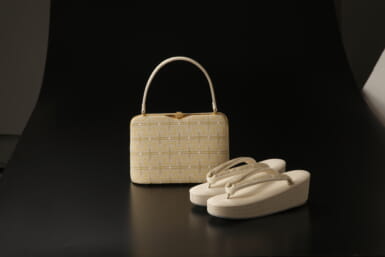For our last List of 7 for this year, we are looking back at Japan’s headline makers in 2024.
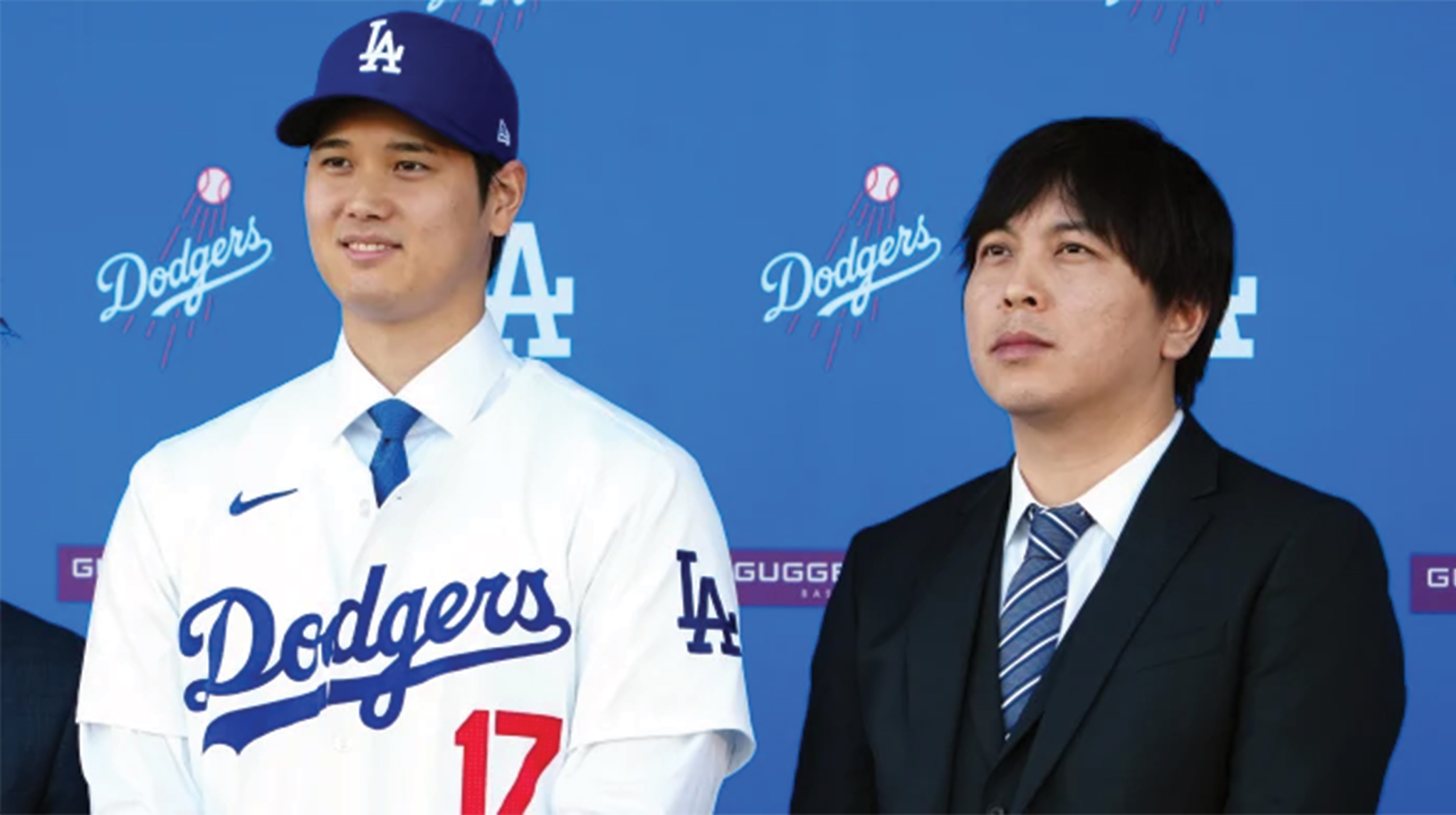
1. Shohei Ohtani and Ippei Mizuhara
Shohei Ohtani, who joined the Los Angeles Dodgers on a 10-year deal worth $700m at the end of last year, has hardly been out of the news in 2024. In February, he shocked fans by announcing via Instagram that he was married. After two weeks of online speculation, it was revealed that his new wife was Mami Tanaka, a former basketball player for Fujitsu Red Wave.
On March 20, Ohtani contributed two runs and an RBI in his first game for the Dodgers. His debut, however, was overshadowed by the actions of his interpreter and friend, Ippei Mizuhara. News about Mizuhara’s gambling debts broke a day after the opening MLB game of the season. He reportedly stole more than $17 million from Ohtani, while also impersonating him over the phone to banks more than 20 times.
Mizuhara was charged by the US government with bank fraud and tax evasion, which carries a maximum sentence of 33 years in prison. He is scheduled to be sentenced on January 25, 2025. Ohtani, meanwhile, who allegedly had no knowledge of Mizuhara’s gambling debts, continued to shine for the Dodgers.
He made history in September, becoming the first player in MLB history to post a 50-50 (50 home runs and 50 stolen bases) season. The following month, Ohtani and compatriot Yoshinobu Yamamoto were celebrating as the Dodgers defeated the New York Yankees to win the World Series. In November, Ohtani was named the National League’s MVP. He became only the second player in MLB history to win the award in two leagues.
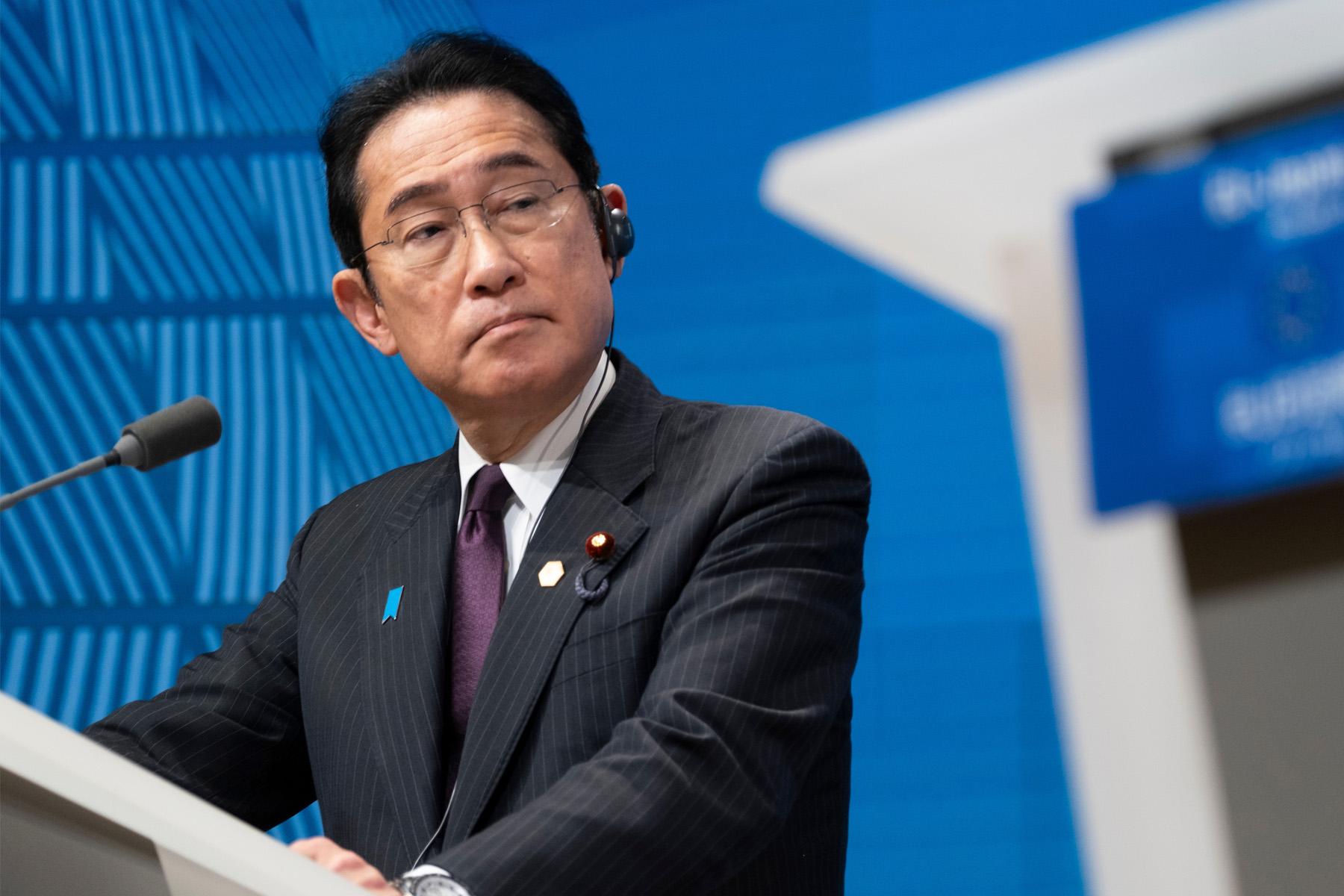
2. Fumio Kishida
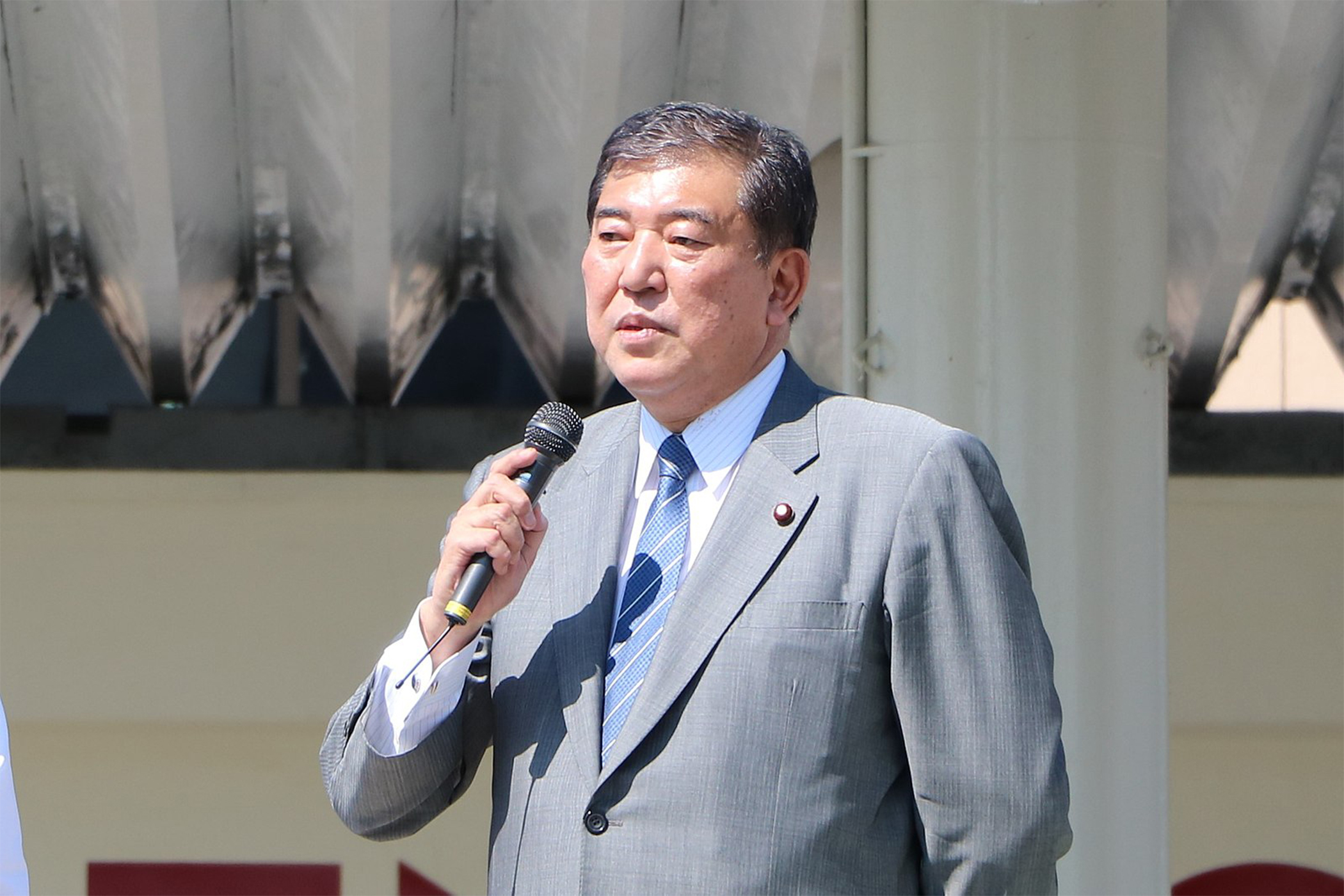
3. Shigeru Ishiba
The election to decide Kishida’s successor took place on September 27. A record nine candidates threw their hats in the ring, including Shinjiro Koizumi, son of the former Prime Minister Junichiro Koizumi. He was seen as the early front runner, but in the end finished third with 18.50%, behind Sanae Takaichi 24.63% and Shigeru Ishiba (20.95%).
As nobody held a majority, it went to a runoff between the top two, which was won by Ishiba with 215 votes, compared to Takaichi’s 194. Before being sworn in as the country’s leader, he controversially called for a snap election. It was a political gamble that backfired as the LDP lost its single party majority in the lower house.
That meant that Ishiba faced another parliamentary vote, this time against the opposition leader Yoshihiko Noda, to decide whether he should stay in his post. He won, but only after another runoff. He garnered 221 votes, 70 ahead of Noda. While waiting for the vote count, video footage appeared to show Ishiba sleeping. According to Chief Cabinet Secretary Yoshimasa Hayashi, it was due to a cold.
The clip of Ishiba snoozing went viral on social media, as did a video of him scoffing down a rice ball in one go, leaving his mouth open as he chewed. “Even a hippopotamus would eat a little more neatly,” commented one X user. He was also criticized for failing to stand up to greet leaders such as Canada’s Justin Trudeau and Malaysia’s Anwar Ibrahim.
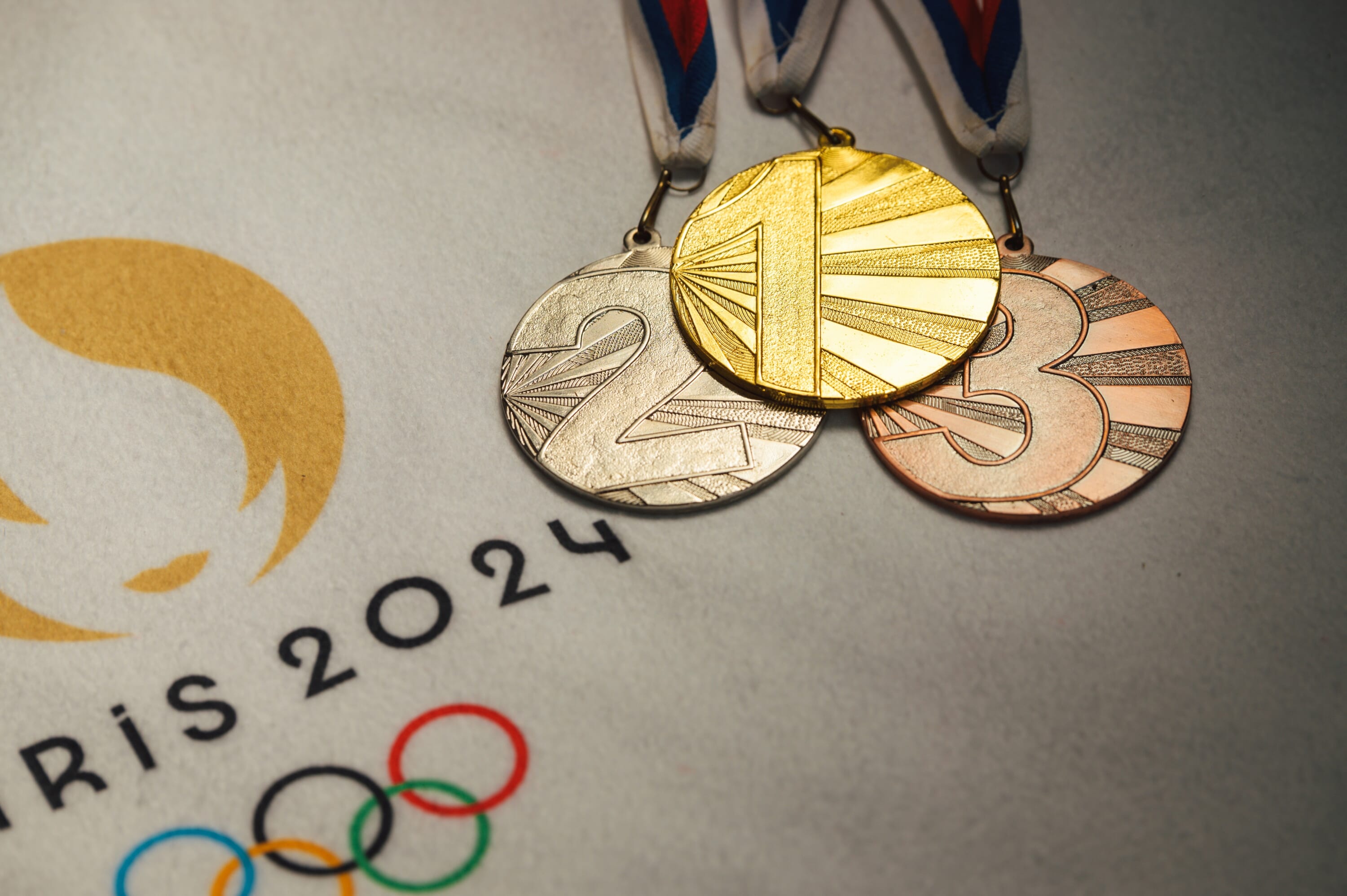
4. Japanese Olympians
Japan finished third in the medal table at the Paris Olympics, topping the podium an impressive 20 times, the country’s best ever tally outside Tokyo. Leading the way was gymnast Shinnosuke Oka, who helped the Japanese men’s team narrowly triumph over China before winning individual golds in the all-around event and on the horizontal bar.
With eight golds, the most successful sport for Japan at the Games was wrestling. The Japanese team won eight in total, with Kenichiro Fumita, Nao Kusaka, Rei Higuchi, Kotaro Kiyooka, Akari Fujinami, Tsugumi Sakurai, Sakura Motoki and Yuka Kagami all topping the podium. Javelin thrower Haruka Kitaguchi became the first Japanese woman to win in a field event. Ami Yuasa, meanwhile, became the first ever breaking gold medalist at the Olympics.
After nine victories in Tokyo, the gold medal haul of three in judo was a little disappointing for Japan. Natsumi Tsunoda, Takanori Nagase and Hifumi Abe all won, but Hifumi’s sister, Uta, was knocked out in the second round. There was also disappointment in the mixed team judo final as Japan lost 4-3 to the host nation in a sudden-death golden score tiebreaker.
Other Japanese golds came in street skateboarding, with Yuto Horigome defending the men’s title he won in Tokyo and Coco Yoshizawa finishing ahead of compatriot Liz Akama in the women’s competition. In fencing, Koki Kano took home the men’s épée title, while the men’s foil team defeated Italy 45-36 to become the first non-European or Russian country to win the event.
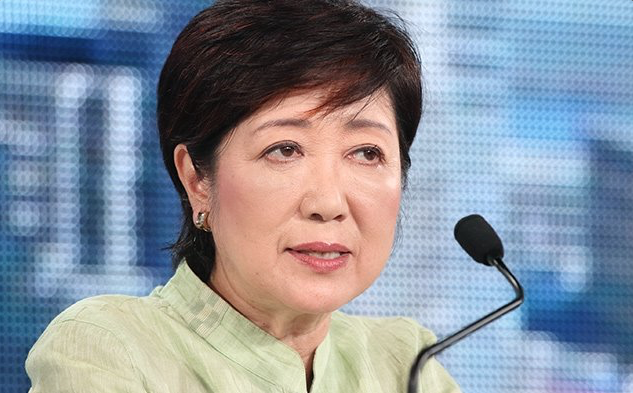
5. Yuriko Koike
In July, Tokyo Governor Yuriko Koike won the gubernatorial election to secure a third successive four-year term. A record 56 candidates ran; however, most were fringe figures seeking exposure. The most controversial candidate was Yusuke Kawai, dressed as the Joker, who put up posters of a near-naked gyaru model named Miu Sakurai to “promote the importance of freedom of expression.”
Competing against Koike were three serious candidates: Renho Saito, Shinji Ishimaru and Toshio Tamogami. Much of the focus was on Koike’s battle with Renho, two of Japan’s leading female politicians. In the end, though, it was Ishimaru (24.4%), the former mayor of Akitakata city in Hiroshima Prefecture, who ran Koike (42.8%) the closest.
During campaigning, both Koike and Renho received threatening messages, with someone faxing that they would repeatedly stab the latter “to death with a knife.” A fax sent to the Tomin First no Kai office read, “I will pour sulfuric acid on Yuriko Koike and blind her.” Koike described it as “the toughest election campaign,” she had “ever experienced.”
She also had to respond to rumors that she drafted a fake graduation document from Cairo University. Three months prior to the election, Toshiro Kojima, a former aide to Koike, told the monthly magazine Bungeishunju that she asked him to help her draft the certificate. Koike denied the allegations. Kojima filed a criminal complaint against her.
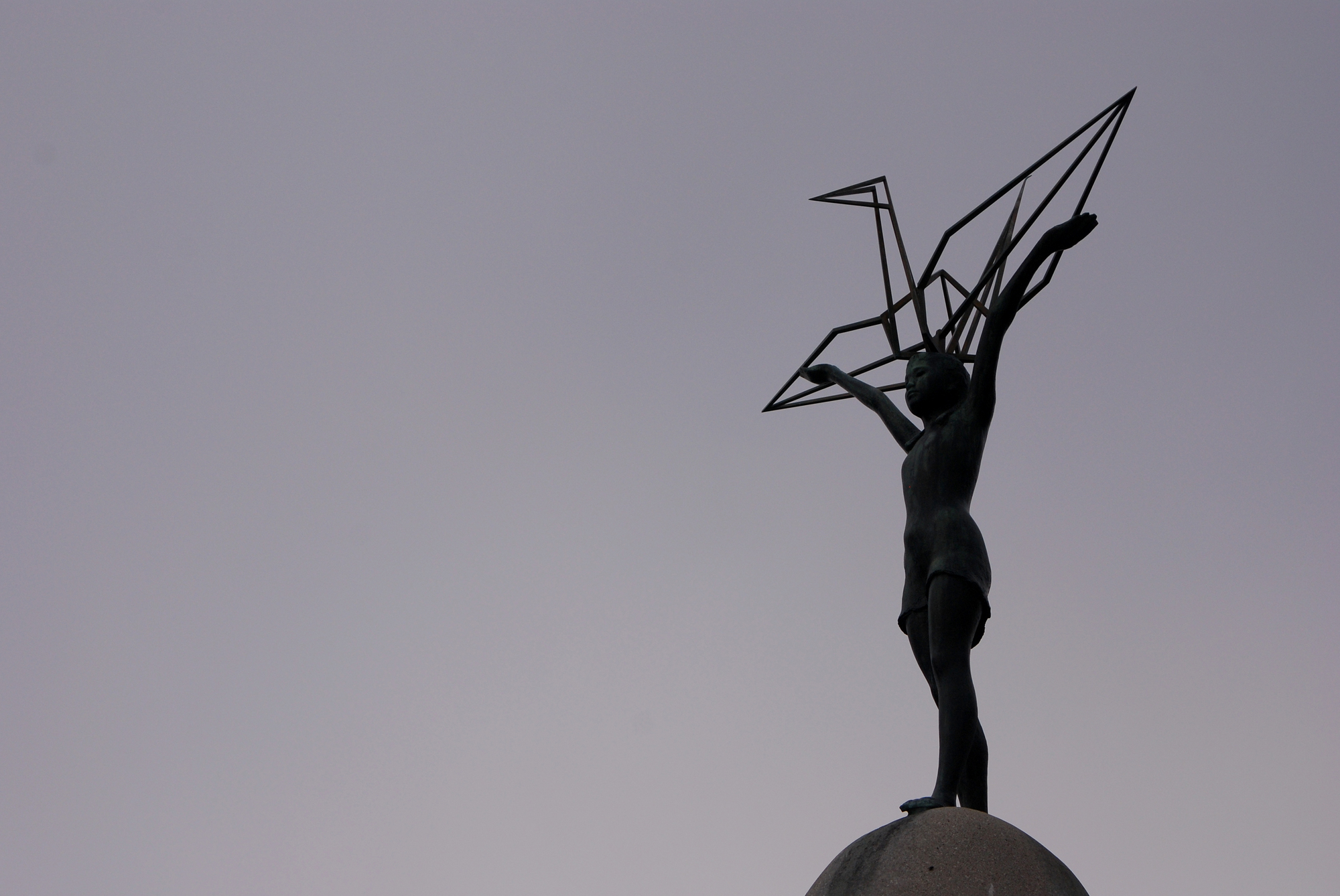
6. Nihon Hidankyo
In October came the announcement that Nihon Hidankyo was this year’s winner of the Nobel Peace Prize. It is the second Japanese recipient of the award after former Prime Minister Eisaku Sato. The group won due to “its efforts to achieve a world free of nuclear weapons.” Terumi Tanaka, a 92-year-old survivor of the 1945 US bombing of Nagasaki, accepted the prize on behalf of the organization in December.
“The nuclear superpower Russia,” he said, “threatens to use nuclear weapons in its war against Ukraine, and a Cabinet member of Israel, in the midst of its unrelenting attacks on Gaza in Palestine, even spoke of the possible use of nuclear arms. In addition to the civilian casualties, I’m infinitely saddened and angered that the ‘nuclear taboo’ threatens to be broken.”
Since its establishment in 1956, Nihon Hidankyo has advocated for more support for A-bomb victims, known in Japanese as “hibakusha.” Activities down the years have included recording thousands of witness accounts and issuing resolutions and public appeals. The group has also sent annual delegations to various international organizations, including the UN, to advocate for global nuclear disarmament.
“The core of Alfred Nobel’s vision was the belief that committed individuals can make a difference,” wrote the committee. “In awarding this year’s Nobel Peace Prize to Nihon Hidankyo, the Norwegian Nobel Committee wishes to honour all survivors who, despite physical suffering and painful memories, have chosen to use their costly experience to cultivate hope and engagement for peace.”
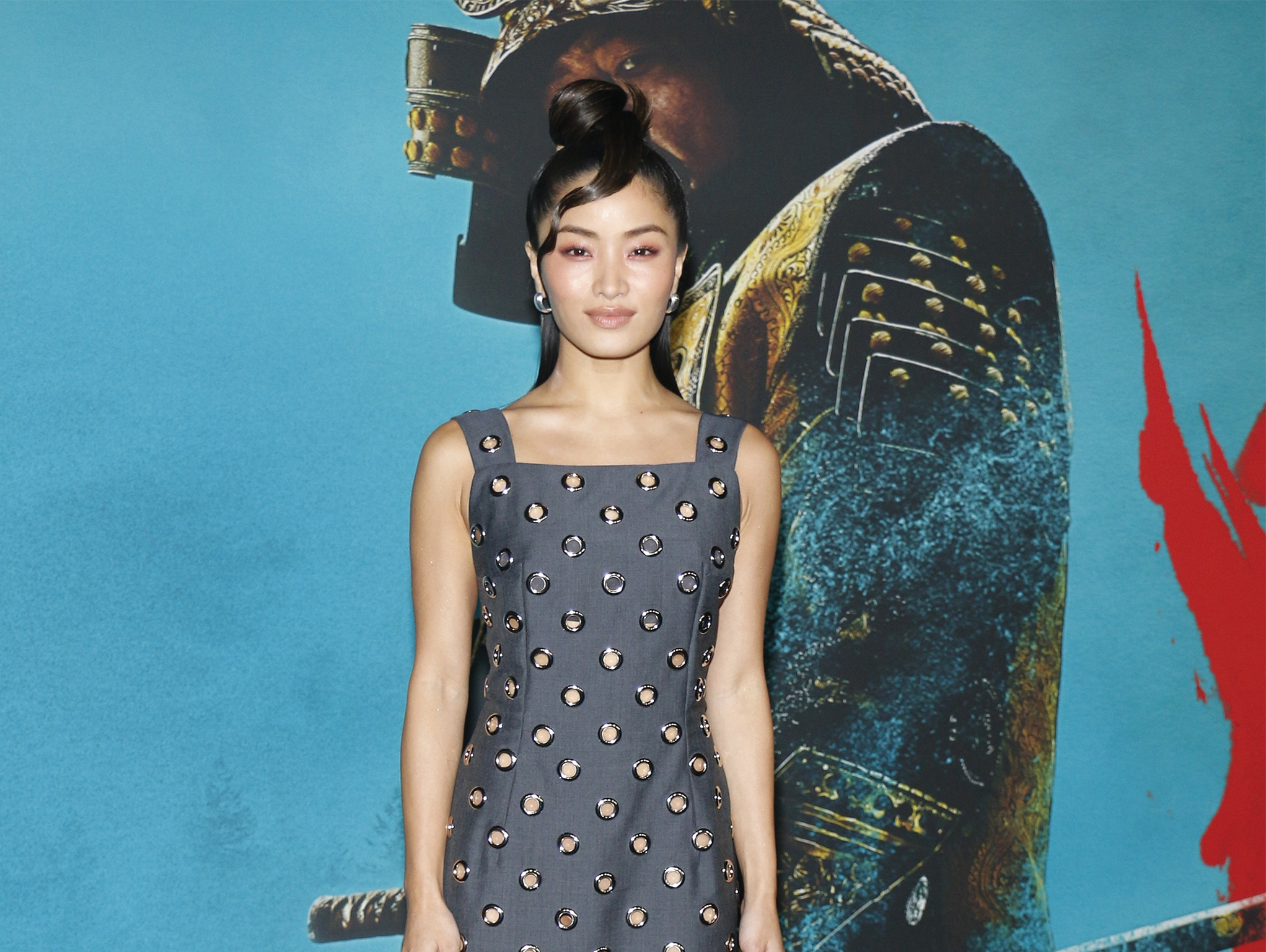
7. Hiroyuki Sanada and Anna Sawai
In February, Shogun premiered on FX and Hulu in the United States and Disney+ internationally. It became the most streamed program across all platforms, garnering more than 9 million views, while also earning rave reviews. Many of the actors were highly praised for their performances, including the likes of Tadanobu Asano, Fumi Nikaido and Yuka Kouri. The standout performances in the series, though, came from the leading actors, Hiroyuki Sanada and Anna Sawai.
As well as playing Yoshi Toranaga, a fictionalized version of Tokugawa Ieyasu, Sanada also served as a producer for the show. He insisted that all Japanese characters be played by Japanese actors and that “period drama specialist staff be brought from Japan.” In September, he became the first Japanese person and only the second Asian to win a Primetime Emmy Award for Outstanding Lead Actor in a Drama Series.
That same night, Sawai became the first person of Asian descent to receive an Emmy Award for Outstanding Lead Actress in a Drama Series. She won it for her portrayal of Lady Mariko, a skilled translator with a troubled past. The New Zealand-born performer, who also garnered critical acclaim for her role as Naomi in the Apple TV+ series Pachinko, paid tribute to her mom, who served as her inspiration.
In total, Shogun picked up 18 Emmys, a record for a single season of a drama series. Later in the year, it also received four Golden Globe nominations. It will compete with the likes of The Diplomat, Slow Horses and Mr. and Mrs. Smith for the best television series award. Sanada and Sawai are among the nominees for the best performances by male and female actors in a TV drama series. Asano’s also been nominated for best supporting male actor. The ceremony will take place on January 5.

